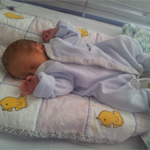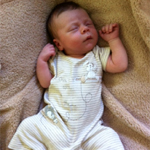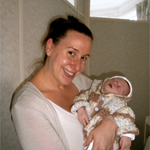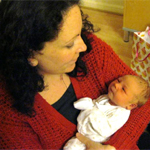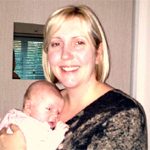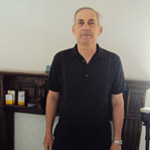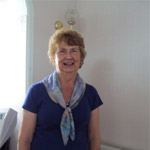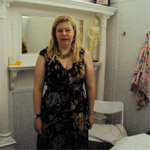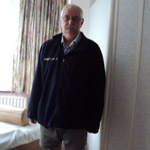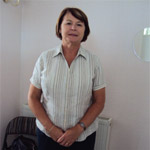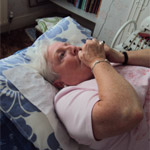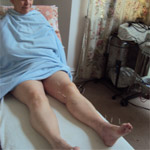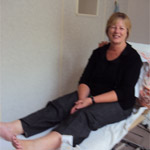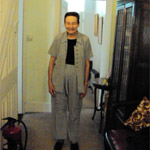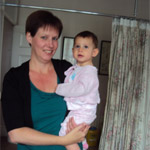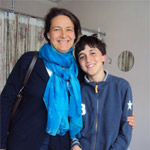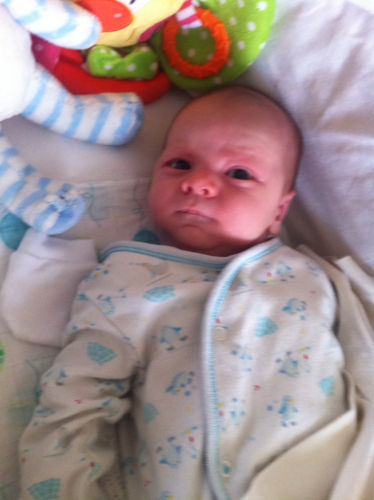Temporomandibular disorder (TMD) is a condition affecting the joints and muscles involved with chewing.
Doctors sometimes refer to the condition as “myofascial pain disorder”. It’s been estimated that up to 30% of adults will experience TMD at some point in their lives.
TMD can cause: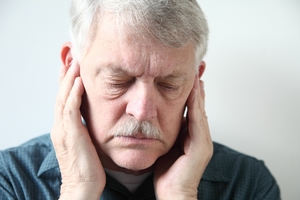
- clicking, popping or grating noises as you chew or move your mouth
- muscle pain around the jaw
- pain in front of the ear that may spread to the cheek, ear and temple
- difficulty opening the mouth – the jaw may feel tight, as if it is stuck, making eating difficult
- headache or migraine
- earache or “buzzing” or blocked sensation in the ear
- pain in other areas of the body – such as neck ache or back ache
These symptoms may lead to related symptoms, such as disturbed sleep.
Possible causes of TMD include:
- clenching your jaw or clenching your teeth when you sleep (bruxism) – which overworks the jaw muscles and puts pressure on the joint (often caused by stress)
- wear and tear of the inside of the jaw joint – usually caused by osteoarthritis
- injury to the jaw joint – for example, after a blow to the face or surgery
- stress– some people may inherit increased sensitivity to pain or stress
- uneven bite– for example, when new fillings, dental crowns or dentures are fitted
- specific diseases– TMD may be associated with specific diseases such as rheumatoid arthritis, gout or fibromyalgia.
However, some people may develop TMD without an obvious cause being found.
Lifestyle changes
There are a number of self-help measures that can help improve TMD, including:
- resting the joint by eating soft food and avoiding chewing gum
- holding a warm or cold flannel to the jaw for 10-20 minutes, several times a day
- doing a few gentle jaw-stretching exercises – your healthcare professional can recommend appropriate exercises
- avoiding opening the joint too wide until the pain settles
- avoiding clenching the teeth for long periods of time
To find out how Denise could help you
Here is the experience of one of my patients:
I came to Denise in desperation after suffering with chronic ear, jaw and face pain for several months. My G.P. had referred me to a consultant who couldn’t find any physical cause for the pain and eventually said ‘we are running out of options’. A few people suggested I try acupuncture and so I thought I would give it a go.
Denise listened to my symptoms and with a mixture of facial massage and acupuncture I noticed an immediate improvement in the level of pain. It took a few sessions for the pain to go completely but given I had been in a lot of pain for a long time this was understandable.
After a particularly stressful period at work a few weeks ago the pain reoccurred and I saw Denise again. This time the pain seemed to drag in my lower jaw and neck but again with massage in the neck, some manipulation and acupuncture I gained very quick and lasting relief. I thoroughly recommend Denise because as an osteopath and acupuncturist she can combine treatments to deal with exactly what is bothering you. The acupuncture does not hurt and it is very relaxing to lay on the treatment bed for half an hour or so.
Beverly Rowland, [programme manager}
Bruxism
If you wake up with a tight jaw or headache over the temples then it could be bruxism. It’s a habit affecting 20% of the population, characterised by grinding or clenching of the teeth causing breakages, painful or limited movement of the jaw and headaches. Primary bruxism occurs when there is no apparent medical condition, but is common during stressful periods.

